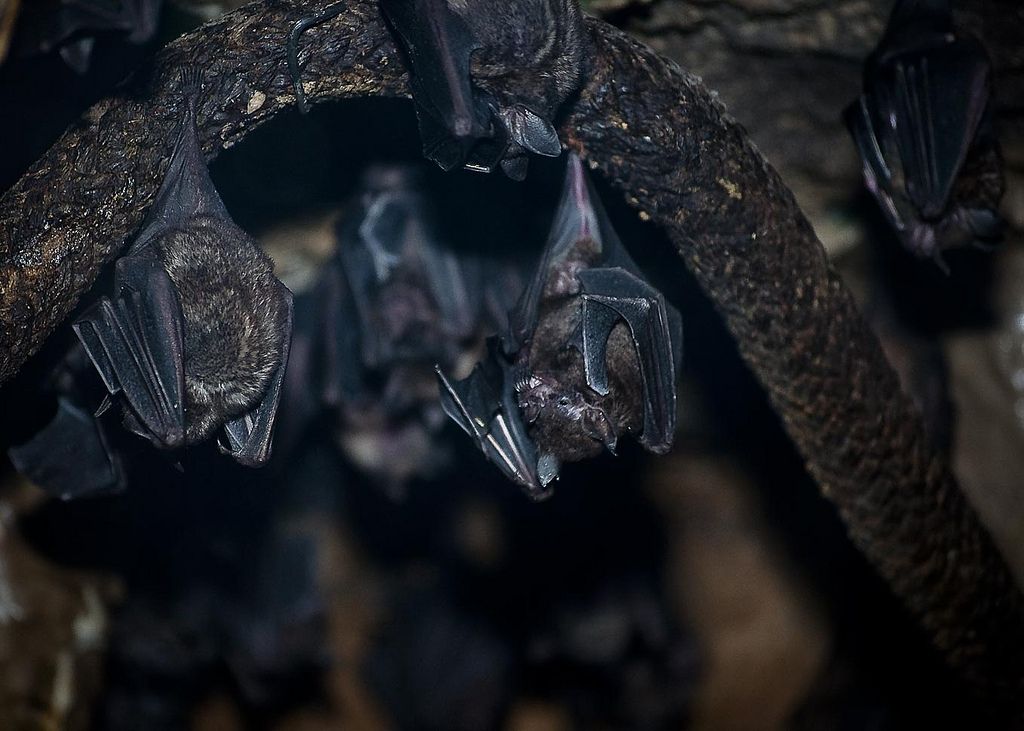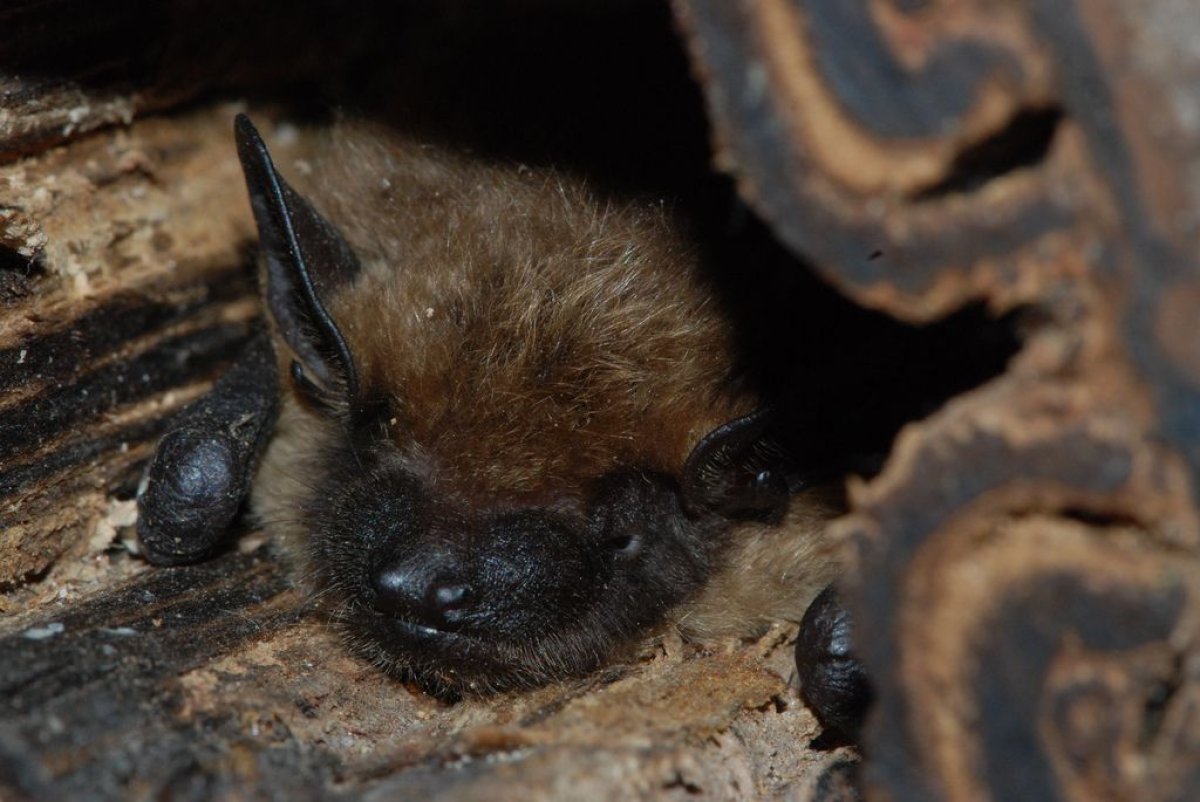
If you get rabies and don't treat it, you are almost certain to die a terrible death. Bats are an important part of the ecosystem, but can carry the virus. So are bats a public health risk that you should be afraid of? Most of the time, no, say experts, but there are times you should be on your guard.
If a bat bites you, you should absolutely seek medical attention. If it's possible to catch the bat without increasing your risk of exposure, do so, according to the Centers for Disease Control (CDC). A scientist can then test the animal for rabies after killing it, so you know for sure whether or not you should consider rabies treatment. There is disagreement, however, over which situations you should be concerned about when it comes to catching rabies from a bat.
The CDC suggests medical treatment any time you are exposed to a bat, whether or not you can recall being bitten. However, Merlin Tuttle, one of the world's leading bat conservationists, writes that the risk of humans getting rabies from a bat is highly exaggerated. For one thing, only one to three confirmed cases of rabies are reported in the U.S. each year, according to the CDC.
The World Health Organization writes that globally, "up to 99 percent" of rabies deaths come from dog bites. However, dogs in the U.S. rarely carry rabies. Americans are more likely to get rabies from foxes, skunks, raccoons—and bats.
"I can't see a bat without thinking about how they are our most important rabies vector in North America," said Monica Murphy, a veterinarian and co-author of Rabid: A Cultural History of the World's Most Diabolical Virus. She explained that when someone gets bitten by a rabid raccoon or fox, they can tell easily that something's wrong, and they're more likely to go to the hospital to seek treatment. The CDC writes that modern rabies treatment post-exposure is successful nearly 100 percent of the time. But if a bat bites you and you don't notice, that's when you could be in trouble.
Still, that doesn't mean that populations of bats in your neighborhood are a public safety risk. In fact, on average, it's good to have bats around. "Bat conservation is super important and bats do a whole lot more good for us in the same environment than they hurt us," said Murphy. Bats can improve your health by eating lots of potentially threatening bugs. If there are bats in your neighborhood, you should leave them alone and be thankful that they're there.

"Bats, when everything is going right, are going to stay out of your way," Murphy continued "But a bat that drops down from a ceiling fan or the one one that flutters out of your toy box, or makes strange appearances, that's a bat that deserves your concern." Abnormal, disoriented, and aggressive activities are symptomatic of rabies infections.
Even if you don't have a visible bite mark or feel a bite, the small teeth of a bat may have delivered the deadly virus. In August of 2015, an elderly woman died from rabies after a bat landed on her neck, but she failed to notice whether it bit her. However, in 1999 the North American Symposium on Bat Research passed a resolution stating that people typically do feel and notice bat bites, and that they "find no credible support for the hypothesis that undetected bites by bats are a significant factor in transmitting rabies to humans."
Murphy also wants to be sure that fear of rabies is not used to villainize bats. "I want to be careful when talking about the rabies risk when talking about bats, because concern about rabies has been made an excuse for removing a population of bats," Murphy said. "But that's not really productive in terms of how we should deal with that risk."
"But really, don't touch bats," she continued. "If you touch them, you should be counseled by the health department."
Uncommon Knowledge
Newsweek is committed to challenging conventional wisdom and finding connections in the search for common ground.
Newsweek is committed to challenging conventional wisdom and finding connections in the search for common ground.
About the writer
Kristin is a science journalist in New York who has lived in DC, Boston, LA, and the SF Bay Area. ... Read more
To read how Newsweek uses AI as a newsroom tool, Click here.








